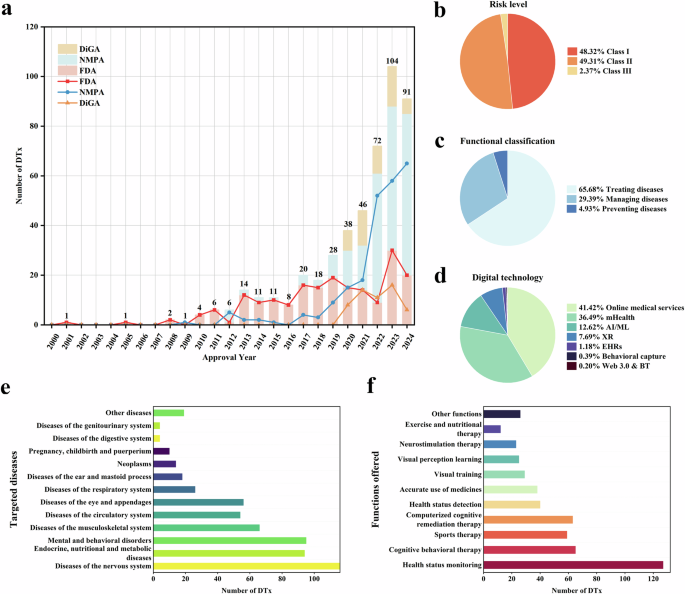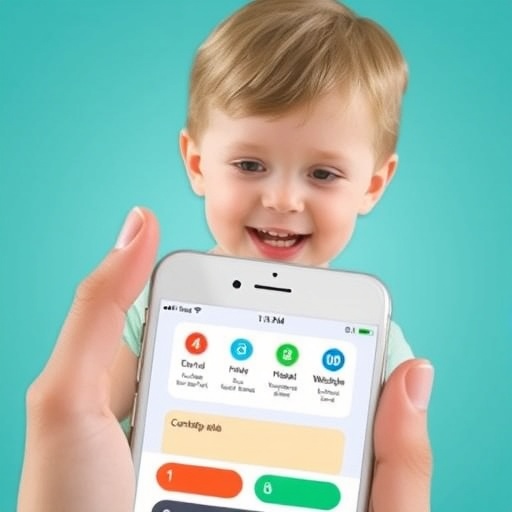Risky Mobile Health Apps?

Mobile health apps (mHealth) have become an increasingly popular tool for enhancing healthcare delivery, but selecting the right app for your patients can be challenging. The problem is the sheer volume of apps available, combined with the lack of formal regulation or evaluation for effectiveness, quality, and safety. Since our last article on evaluating mHealth apps, four additional app evaluation processes have been summarised and published in the Journal of Technology in Behavioral Science (JTiBS). Authored by Teresa Mescher and colleagues, the evidence-based summary reviews four additional frameworks that address specialty populations. The article below summarizes the five evidence-based frameworks and offers actionable steps for healthcare professionals to make quick, effective, and informed decisions that will protect them from cyber hackers to benefit the populations they serve.
Why Evaluating Mobile Health Apps Is Important
The importance of evaluating mobile health apps cannot be overstated. With hundreds of thousands of apps available and new ones being introduced regularly, healthcare providers must ensure the apps they recommend or support are safe, effective, and meet their patients’ needs. Most apps are not regulated and often lack formal clinical testing. This means healthcare professionals must take on the responsibility of evaluating these tools before actively or passively encouraging their use. using an evidence-based process for app evaluation can help providers feel confident that they are promoting reliable, user-friendly solutions that contribute positively to patient care.
Overview of Five App Evaluation Frameworks
Choosing the right evaluation framework is key to effectively assessing mobile health apps. Here are five frameworks you can use to evaluate apps and decide which one best meets the needs of your patient population:
- American Psychiatric Association App Evaluation Model (APA). This comprehensive, flexible model focuses on accessibility, privacy, and security, making it suitable across various healthcare contexts. It evaluates apps based on evidence of effectiveness, functionality, and demonstrated results, helping providers ensure the app fulfills its claims. The screener feature is particularly helpful for clinicians and patients looking for a quick yet thorough evaluation.
- mHealth for Older Users (MOLD-US). This framework specifically is designed for older adults, addressing usability barriers related to common medical conditions in this demographic. By understanding these unique challenges, healthcare professionals can better select mHealth apps that accommodate the physical and cognitive needs of older patients.
- Adapted Mobile App Rating Scale (A-MARS). A-MARS offers a systematic and structured way to assess app quality and engagement. It emphasizes the overall usability and functionality of an app, ensuring that it is accessible to a wide range of users.
- App Behavior Change Scale (ABACUS). ABACUS is a 21-item scale that evaluates an app’s potential to support behavior change. It examines four domains: knowledge and information, goals and planning, feedback and monitoring, and actions. This is ideal for healthcare professionals interested in assessing whether an app can facilitate meaningful behavior changes.
- THESIS Scale. Designed to address gaps in other frameworks, THESIS specifically evaluates apps for managing chronic diseases. It takes into account factors such as access, privacy, security, and interoperability, making it a valuable tool for choosing apps that target long-term health issues.
Each of these frameworks provides a unique lens through which to evaluate mHealth apps, ensuring they meet quality standards and are well-suited to the needs of specific populations. Selecting the right framework can enhance your ability to recommend effective digital health solutions.
Steps for Healthcare Professionals to Evaluate Mobile Health Apps
To streamline the evaluation and implementation process, healthcare professionals can follow these steps to ensure they are recommending the best mobile health apps for their patients:
- Identify the Appropriate Framework. Based on your client or patient population’s needs, start by choosing one of the five evaluation frameworks. For instance, if you work with older adults, consider the MOLD-US framework. If behavior change is the goal, ABACUS might be the best fit.
- Evaluate Key Criteria. Use your chosen framework to assess the app across critical domains such as usability, privacy, data security, and effectiveness. Pay close attention to accessibility and any population-specific factors that may affect app suitability.
- Review Evidence Base. Make sure the app has an evidence base supporting its claims. Check if the app has undergone trials or studies to confirm its effectiveness, and ensure it was developed with input from medical experts rather than being a purely tech-driven product.
- Consider Population-Specific Needs. Think about whether the app is culturally appropriate and whether it addresses specific needs, such as literacy, language, and cost. Frameworks like THESIS and MOLD-US are particularly useful for these considerations.
- Ensure Patient Privacy and Data Security. Evaluating an app’s ability to protect patient privacy is crucial, especially in the current landscape of rampant cybersecurity challenges. Begin by reviewing the app’s privacy policy to understand what data is being collected and how it is used. Ensure that the app complies with relevant regulations, such as HIPAA in the United States, which mandates strict safeguards for patient information. Look for features like data encryption, secure authentication methods, and transparency in data-sharing practices. Apps that offer minimal data collection and allow patients to control their data are preferable. It’s also important to verify whether the app developer has a track record of addressing security vulnerabilities and providing timely updates to fix potential issues.
- Regularly Re-evaluate. The mHealth app landscape is constantly evolving, with new updates and features being introduced. Regularly revisit and re-evaluate the apps you recommend to ensure they remain effective, secure, and up to date.
- Collaborate with Peers. A collaborative approach can reduce the burden of evaluation. Consider forming a committee within your healthcare setting to share insights, reviews, and evaluations of mHealth apps. This collective knowledge can help streamline the evaluation process.
Make an Informed Choice for Your Patients
Evaluating mobile health apps is a necessary yet often time-consuming part of integrating digital solutions into healthcare. By using one of the five frameworks discussed above, healthcare professionals can make more informed decisions that are tailored to the specific needs of their patients. Take the time to select the most appropriate framework, as this step will ultimately ensure that the digital tools you recommend are safe, effective, and beneficial for those you serve.

Using Apps for Clinical Care? 5 Steps to Legal, Ethical, Evidence-Based Mental Health Apps
Clients and patients rely on psychotherapists to suggest apps for their care. Although many practitioners report using apps in their clinical practice, few have received specific training to select, implement and monitor the use of apps in clinical care.

Introduction to Telehealth Theory & Practice
Enjoy a fast-moving overview of telebehavioral and telemental health. Understand the key points related to telehealth clinical, legal, ethical, technology, reimbursement, social media and other pivotal issues.

BCTP®-I Telehealth Training & Certificate
Clinicians seeking an orientation to legal, ethical, technical, and clinical issues will find this program a good place to start.
link






